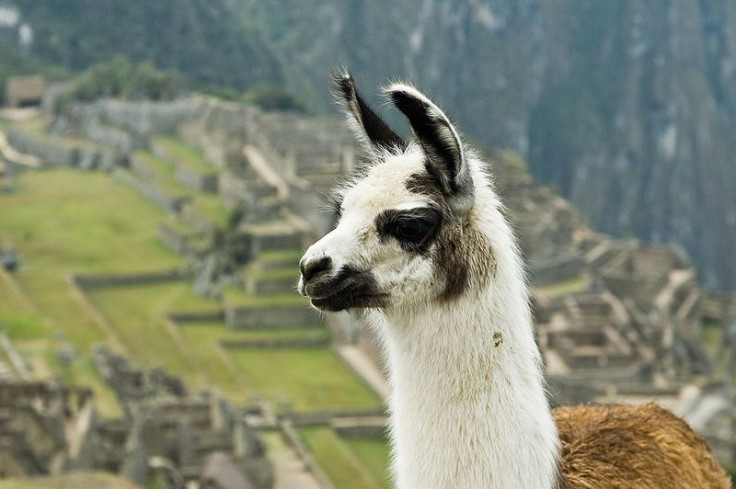Exotic Meats Pose Health Risks As They Flood UK Palates: Llama With A Side Of Crocodile, Anyone?

Following the meat adulteration scandal in Europe that began in mid-January this year, another trend of dietary disturbances has British health officials concerned about the risks. Settle your stomachs, everyone: exotic meats are on the rise.
Llama, cane rat, crocodile, scaly anteater, and monkey have all risen in prominence recently in the United Kingdom, but the terms of their import make consumption a dangerous affair, says Andrew Rhodes, head of operations at the Food Standards Agency (FSA).
"People's tastes are changing and so are the animals they eat. A lot of people are trying different things and there has been an increase in the number of businesses being approved to slaughter various animals," he said. "Llamas are starting to pop up and turn into kebabs and burgers, and we are seeing a lot of other things turn up in the food chain that we need to start worrying about."
Llama kebabs and llama burgers are not illegal in England; llama is as legal as beef, as long as both adhere to the required standards for labeling, die at an approved slaughterhouse, and pass health inspections.
What concerns experts are the illegally imported meats, which, in addition to serving as vehicles for drug trade, pose much greater health risks to handlers and consumers. Rarely are they treated with a consumer's health in mind.
"We are detecting more bush meat. People are bringing it in illegally to sell within certain communities," Rhodes warned. "This is dangerous because it has not been prepared or inspected for illness and won't have been refrigerated during the journey."
Bush meat typically comes from Central and West African countries, such as the Republic of Congo, Cameroon, and Ghana, and includes crocodiles, small antelope, and scaly crocodiles.
Apes such as chimpanzees and gorillas also constitute bush meat. Due to the belief HIV first started in chimpanzees, coupled with the known presence of yellow fever, ebola, and anthrax in apes, eating bush meat can wreak serious havoc on a human diet.
"As people start to broaden their tastes, we are starting to see some issues around this," Rhodes said, adding that Britain is working with other European governments to try to control the imports of paan, a plant that becomes psychoactive when chewed and can cause salmonella. Paan comes to Britain legally from Bangladesh and India.
Such is an example of how exotic foods have become tangled up in debates over sanitation and legality. The FSA wants to remind local authorities to stay vigilant; however, according to an FSA spokesman, "a lot of the illegal meat trade goes on out of the sight of enforcement officers, so it can be difficult to tackle without specific intelligence."
On January 14, the FSA Ireland first revealed the results of a study finding horse DNA in frozen beefburgers. Since then, numerous Irish companies have been implicated in the adulteration scandal. In late April, head of FSA Ireland Alan Reilly and Irish agriculture minister Simon Coveney were challenged by members of the Environment, Food, and Rural Affairs Committee in the UK parliament for having concealed the true extent of the horse meat contamination, in an effort to protect the beef industry.
Reilly and Coveney insisted they had been transparent all along and that the accusations were unfounded.



























